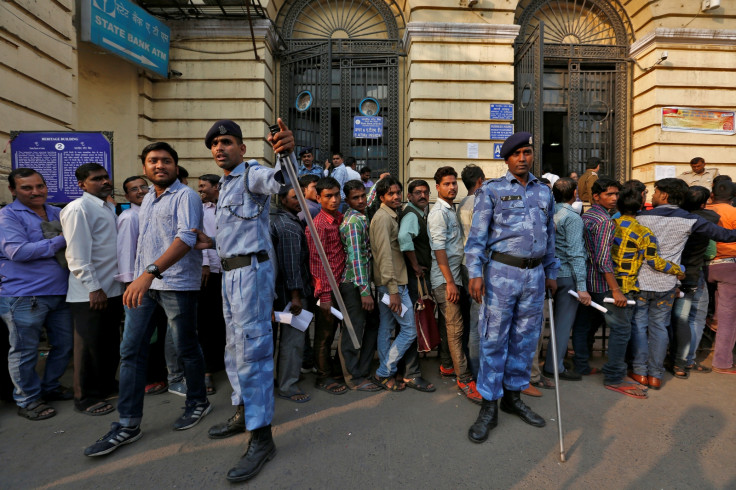India's top court refuses to stay Modi government's demonetisation drive
The Supreme Court seeks explanation from the government on steps taken to mitigate inconvenience to public.

While refusing to stay the Indian government's drive to demonetise Rs 1,000 and Rs 500 banknotes, India's highest court has sought an explanation from the government on the steps taken to mitigate the effects of the exercise.
The Supreme Court has also urged the Narendra Modi-led administration to accelerate efforts in handling the aftermath of scrapping the banknotes.
"We will not interfere as these are economic policies of the government. However, look into ways to mitigate the sufferings of the common man," said a panel of judges. At one point, the judges rapped the administration saying the move appears to be "carpet bombing" and not "surgical strikes" as claimed by the government.
Modi had announced the demonetisation move on 8 November aimed at eradicating black money, corruption and counterfeit currency notes. Over the past week, this has had a crippling effect across the country, which has a vibrant informal economy that relies purely on cash-based transactions.
Arguing for the Modi administration, Attorney General Mukul Rohatgi said the aims of the demonetisation included choking terror funding channels and circulation of fake currency.
Referring to preparations to dispense cash, the attorney general said: "200,000 ATM [automated teller machines] machines could not have been calibrated in advance to be in tune with new notes as the cash would have been out of the banks", adding that "secrecy is the key to such actions".
Crowds outside banks and cash machines have not reduced as the government has placed severe restrictions on the maximum amount that can be withdrawn. The government has taken several steps to ease the pressure on the public, but these have woefully fallen short. To prevent people from drawing cash from banks more than once, the government has ordered banks to use indelible ink which is used in the voting process.
The Supreme Court has asked the government to submit a formal report on various steps taken and set the date for the next hearing on 25 November.
© Copyright IBTimes 2024. All rights reserved.






